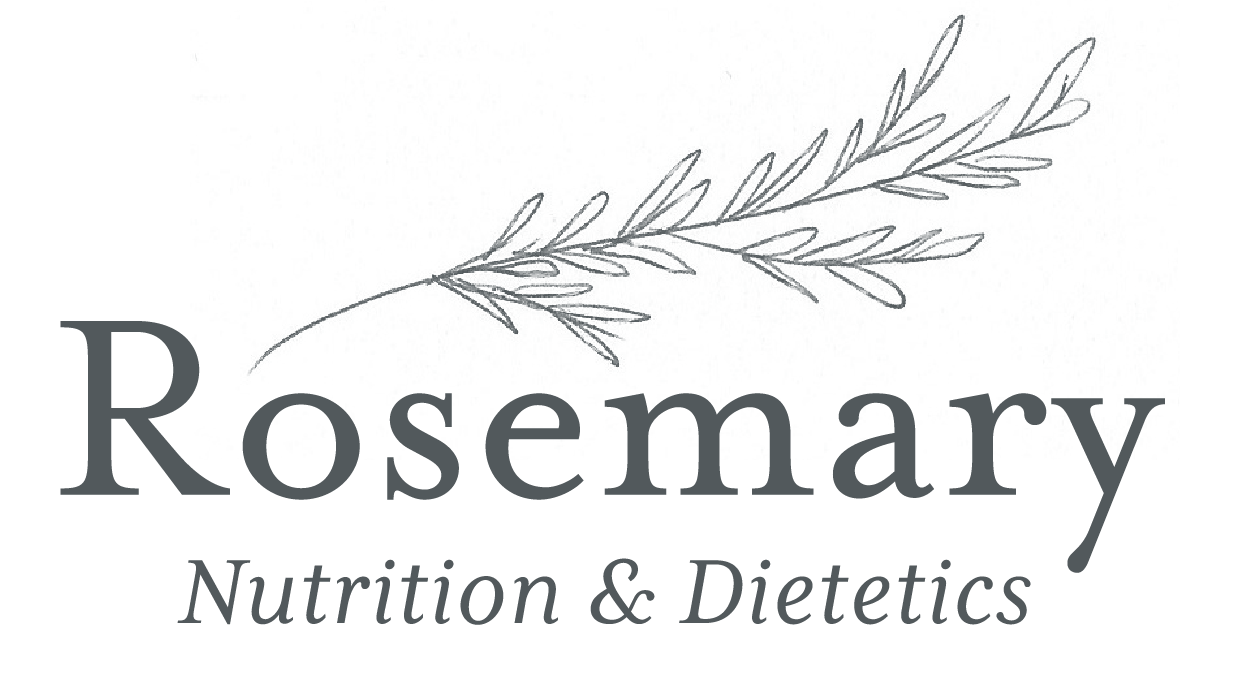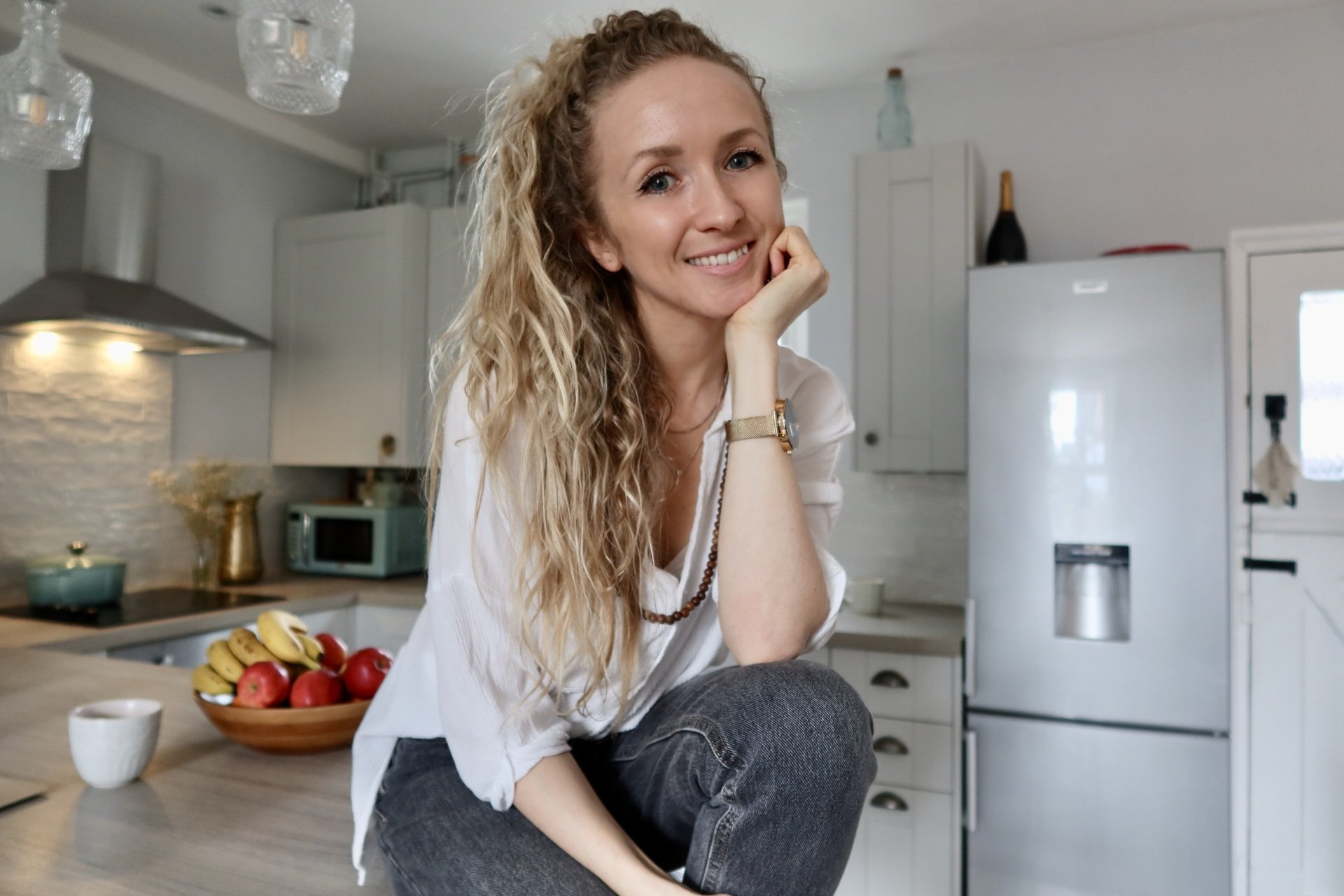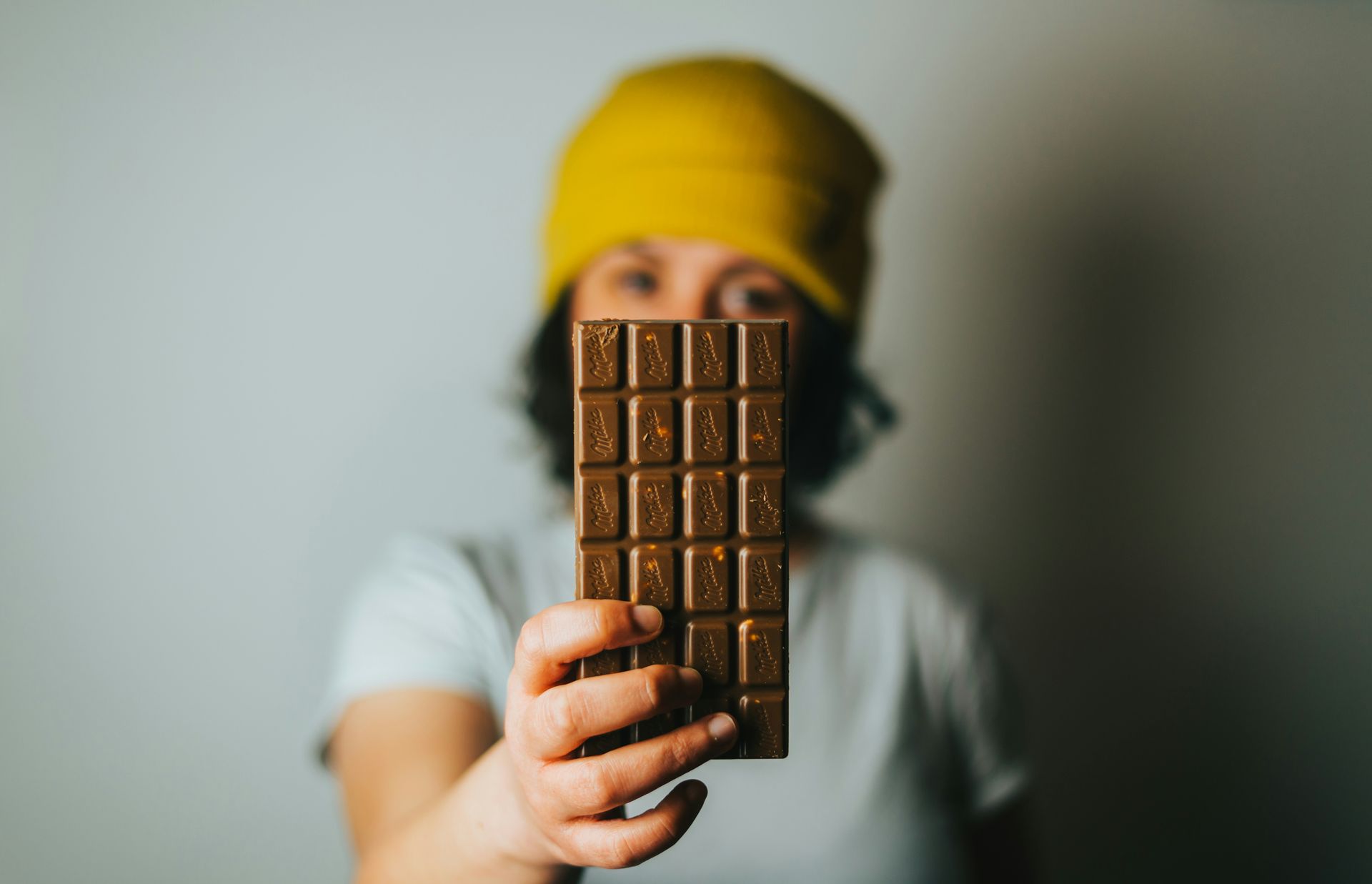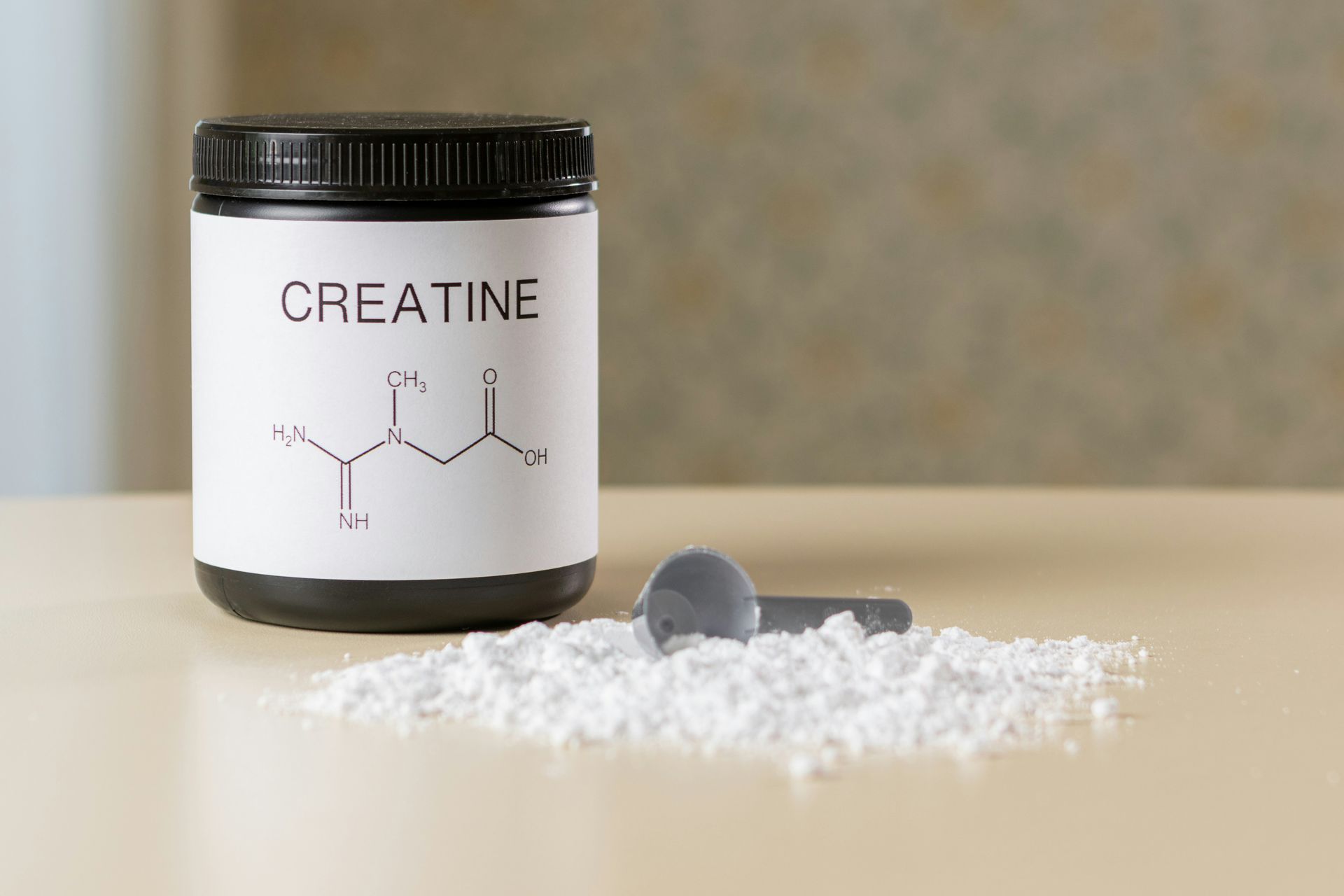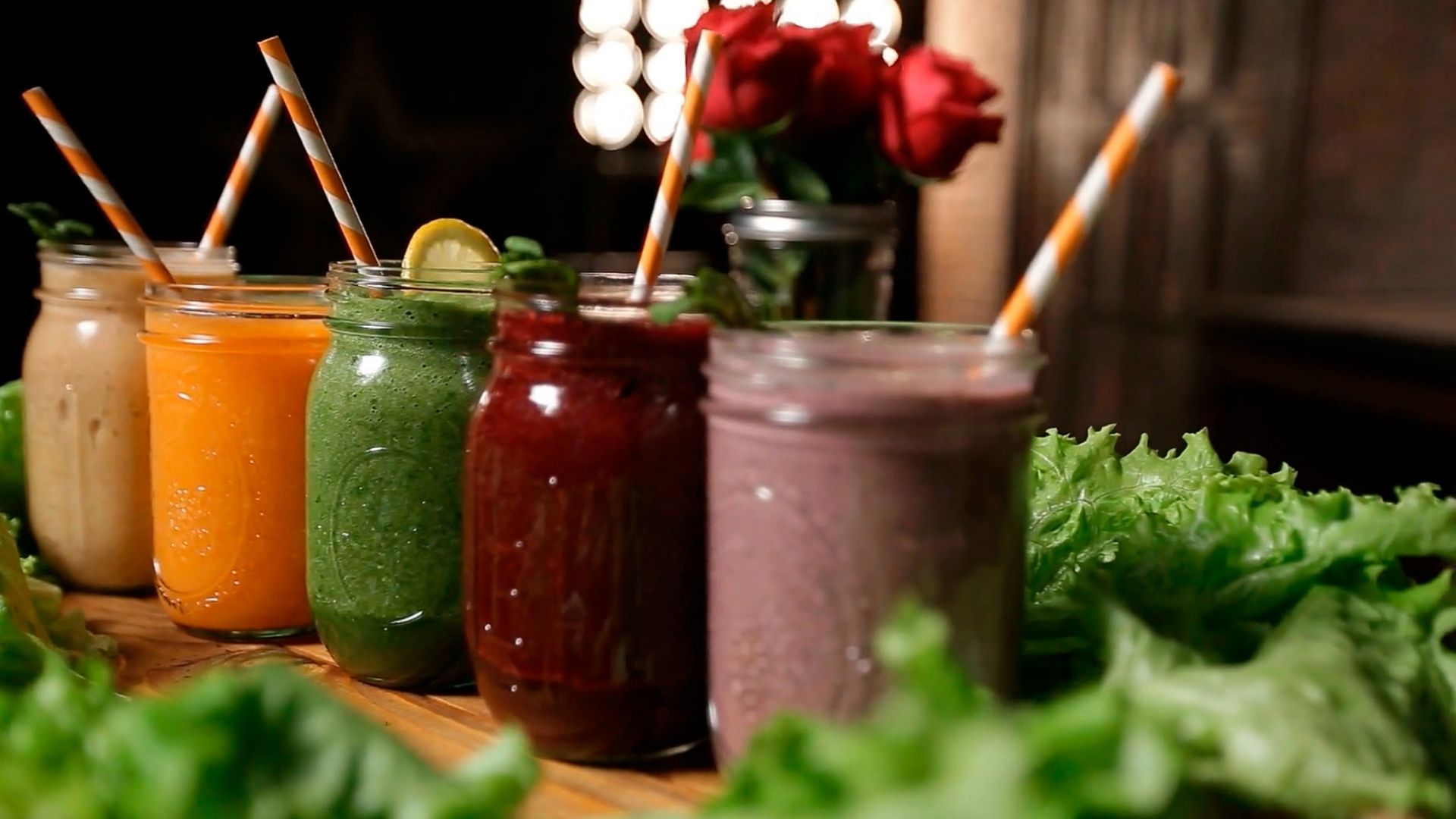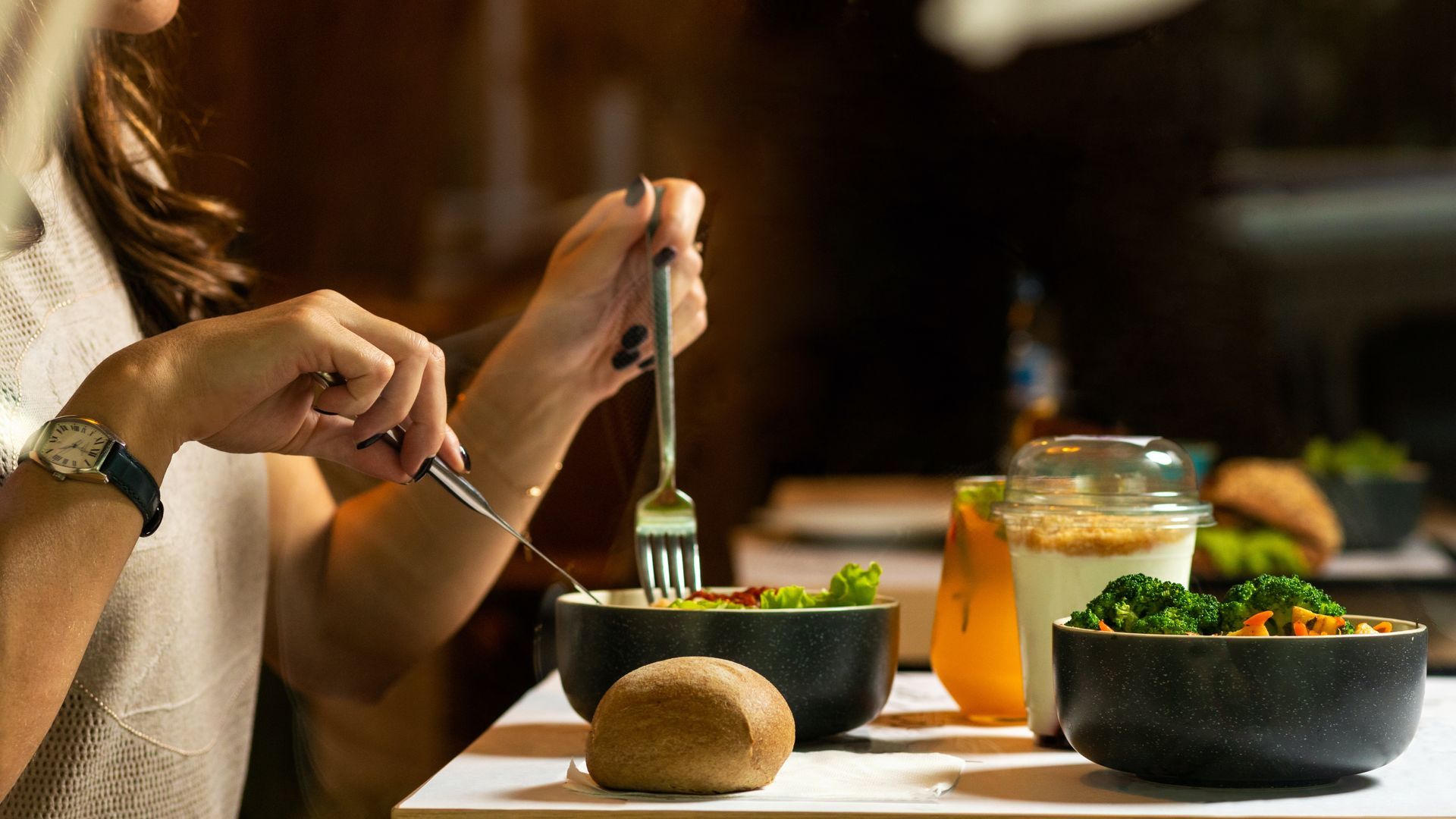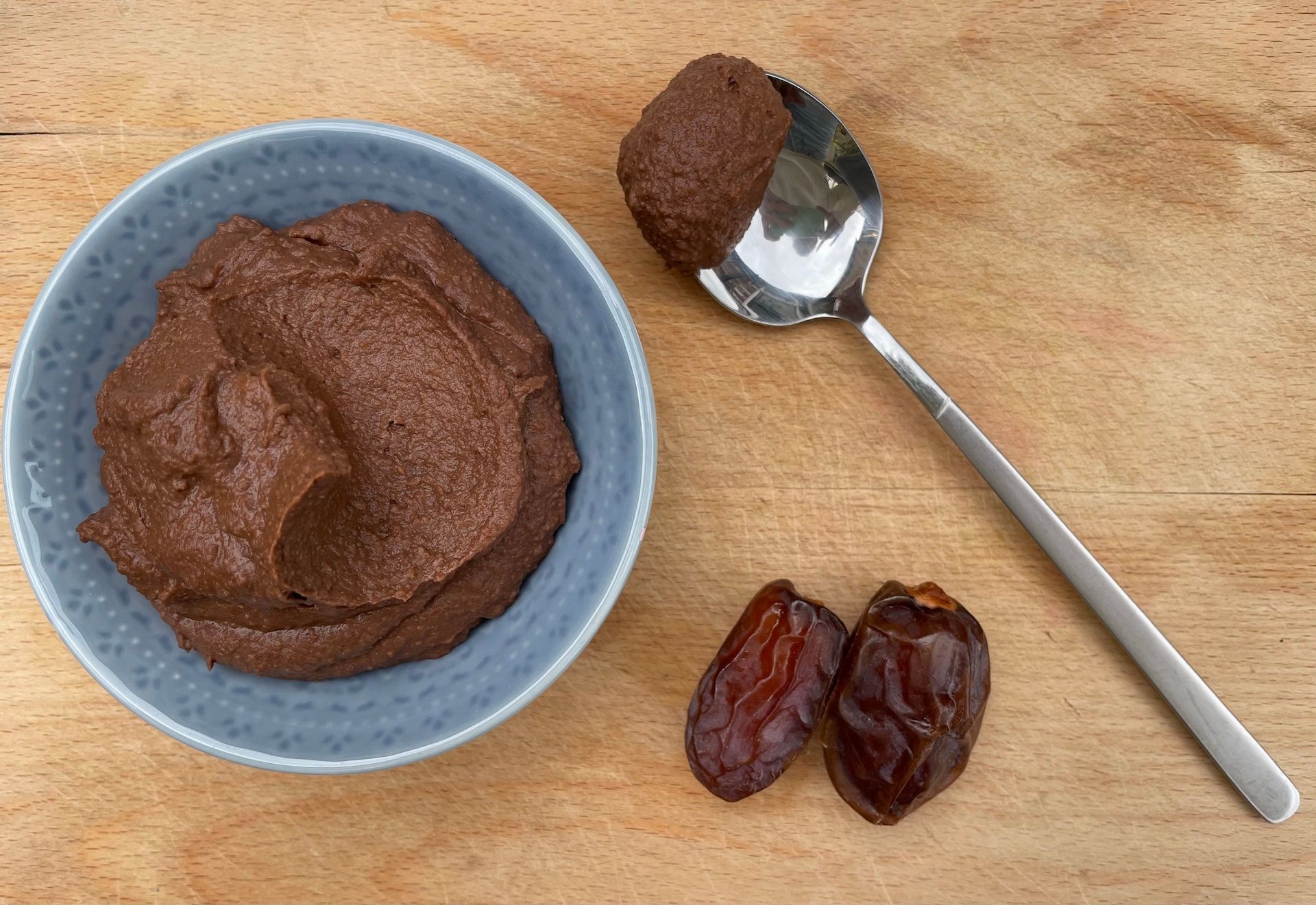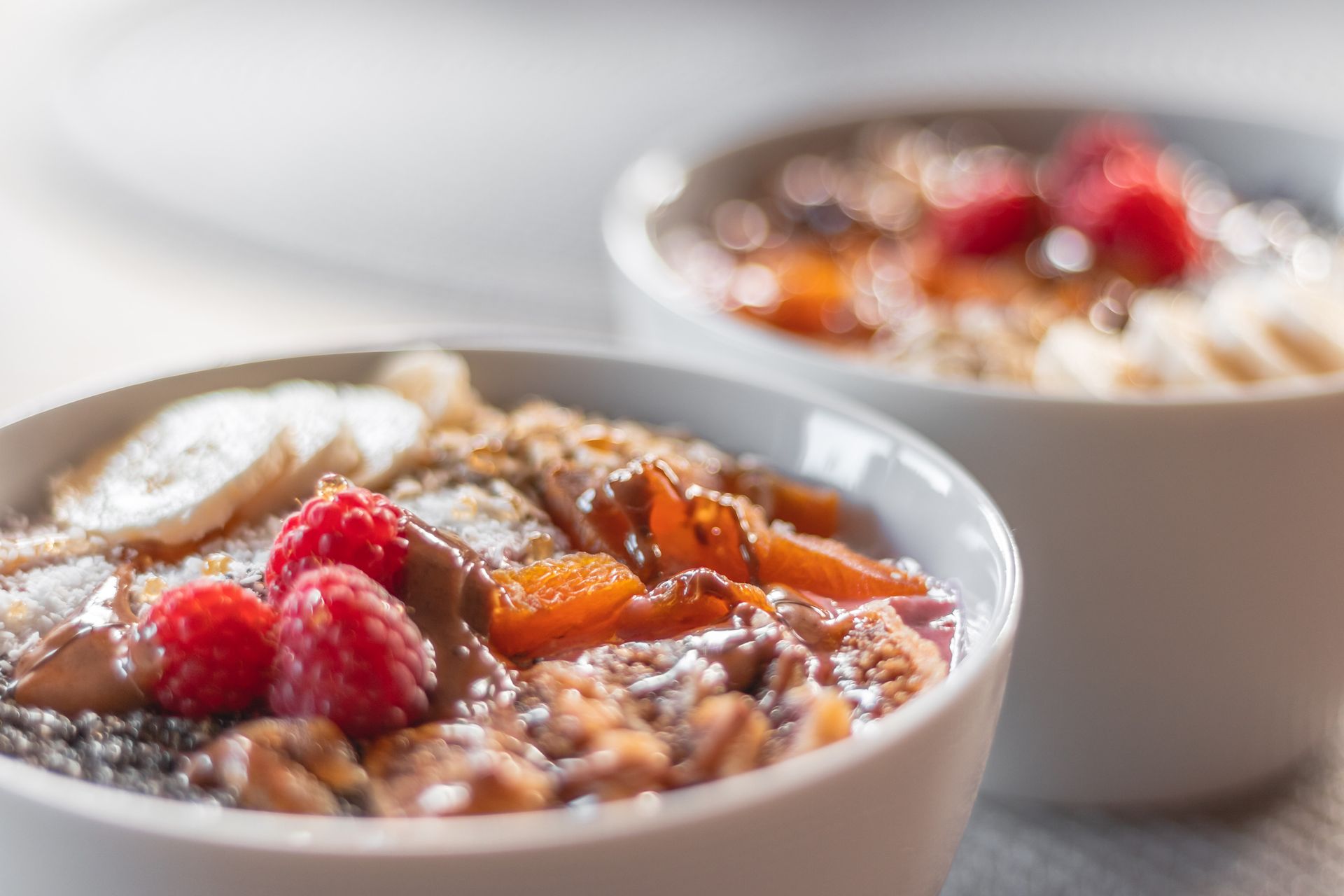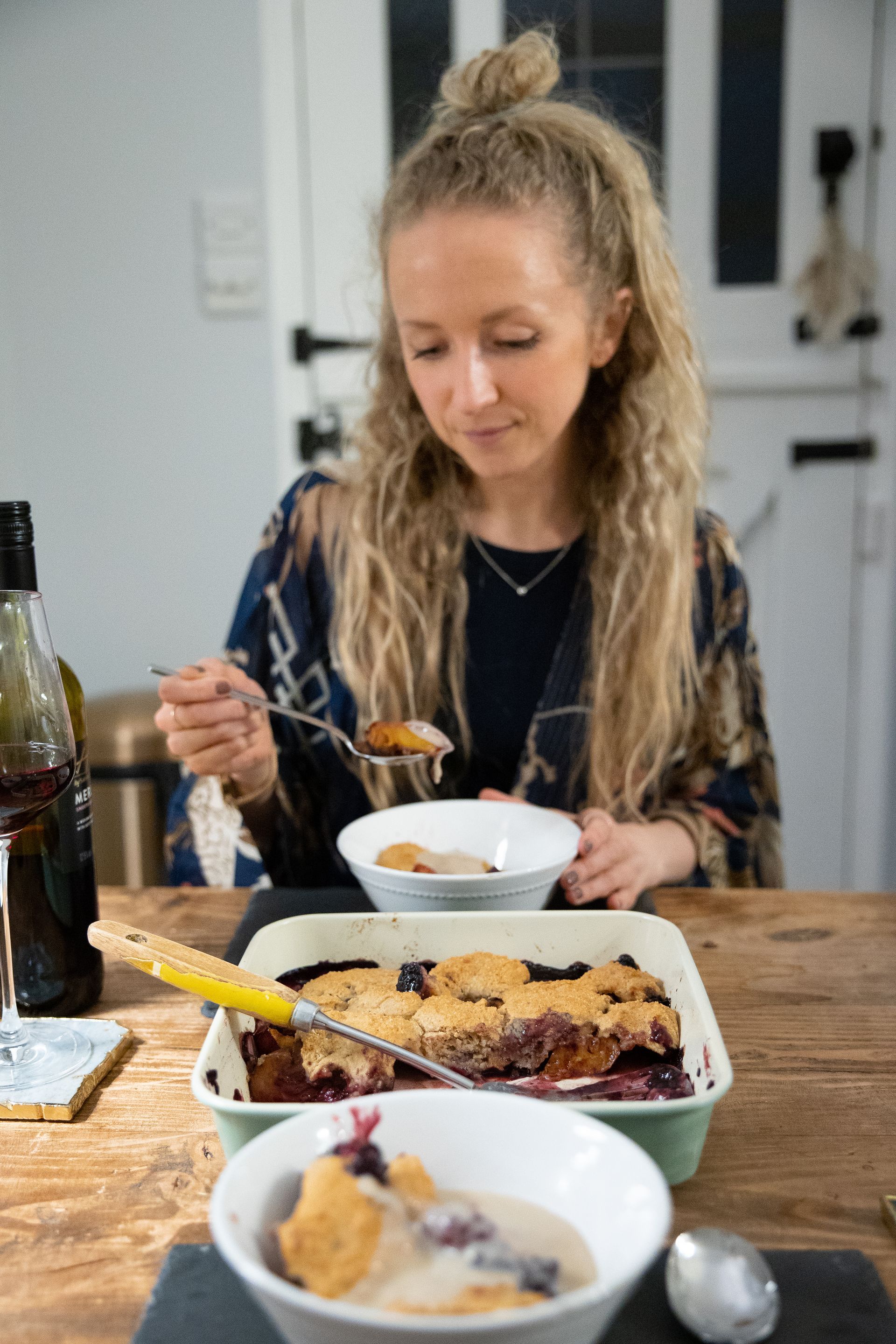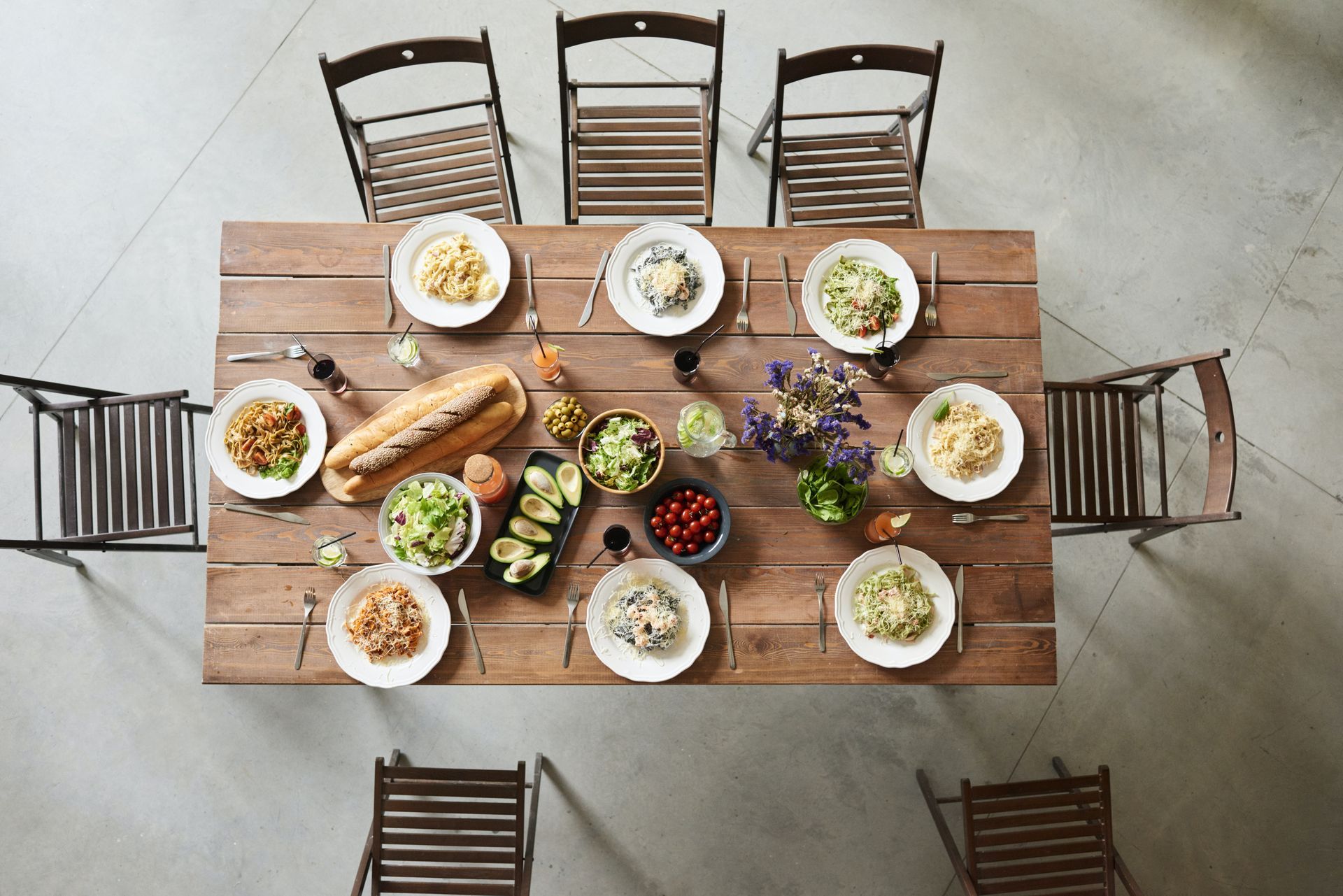Say Hello
Join our newsletter
Join our newsletter
Weight Loss on a Vegan Diet
January marks the start of a fresh new year and the end of the indulgent festive season. Around this time, most of us will be finishing the Christmas bakes, putting away the cheesy treats and stopping the regular tipples, starting the new year with new health and weight loss goals. But how can we best achieve this? What will make this New Year different to all the New Years that have gone before?
What have we been doing wrong?
Many of us have grown up in the era of fad diets. Think Atkins, Cabbage Soup, and support groups with the ‘biggest loser’ being clapped in every week. All of these diets have something in common – they promote restriction. Restriction may lead to weight loss, but it will also lead to a lack of energy, irritability, and a shortfall of vital nutrients. Fad diets promise weight loss withing a specific time-frame, using the number on the scales as the most important a marker of success, above all other health markers including blood pressure, cholesterol levels, energy levels, muscle mass, and even psychological wellbeing. This is when restrictive diets become unsustainable, leading to behaviour relapse and weight gain. The only result dedicated followers are left with are feelings of failure, loss of confidence in healthy eating, and a disordered relationship with food. The key to success in weight management is finding a dietary pattern that you will enjoy, will leave you satisfied, and will promote long term and gradual weight changes.
Will a vegan diet lead to weight loss?
One meta-analysis (a study that combines the results of many scientific studies) found that vegetarian diets, and vegan diets in particular, appear to have beneficial effects on weight reduction1. Another study analysed the average weights of different populations with increasing amounts of animal products in their diet (from vegan to meat-eaters), and found that the only group sitting within a healthy weight range was the vegan group (measured using body mass index, or BMI)1. But the proposed mechanisms in these studies result from consuming a ‘plant-based’ diet, rather than simply the exclusion of animal foods that a ‘vegan’ diet describes. Vegan convenience foods have become increasingly available, meaning that vegans can now live off vegan sausage rolls and dairy-free ice cream; foods that are not considered beneficial to health or weight management. Whole plant foods are therefore the key to weight management when adopting a vegan diet.
An important concept in weight loss is that of the energy density of foods. Interestingly, humans eat a similar weight of food at each meal. If much of that food is energy-dense vegan convenience foods, then far more energy will be taken in, alongside sugar, salt and saturated fat. If much of that food is, instead, low energy-dense whole, plant foods, then we are able to eat more, fill our stomachs and feel satisfied, but we will have taken on much less energy, and much more fibre, water, polyphenols, unsaturated fats and antioxidants that are beneficial for health and weight management3.
Fibre is key to helping us to feel physically full, as well as to feed our beneficial gut bacteria. Our gut bacteria play a crucial role in weight management as, when they break down fibre, they produce substances called short-chain fatty acids (SCFA), also referred to as ‘post-biotics’. These SCFAs help in regulating our hunger hormones (helping us to feel appropriately full), control our blood sugar levels, make us feel happier, and even support our ability to fight off infections such as cold and flu. Unfortunately, most of us lack fibre in our diet leaving us on a rollercoaster of hunger, cravings, low mood and susceptibility to illness.
How can I lose weight on a vegan diet?
If you are currently on, or moving to, a vegan diet, aim to eat predominantly whole plant foods and cook from scratch as much as you can. Try to base your diet on a big mix of fruits, vegetables, wholegrains, beans, pulses, nuts, seeds, herbs and spices.
An easy way to plan your diet is to imagine a circle representing your whole diet. Aim to cover:
- half the plate with colourful fruits and vegetables like apples, berries, broccoli, bananas, beetroot, carrots, cauliflower, cucumber, and dark leafy greens like kale and spinach
- one quarter with healthy wholegrains like brown rice, quinoa, wholewheat pasta, oats and wholemeal bread
- the final quarter with high protein plant foods such as beans, nuts, tofu and seeds
- top your plate with a healthy fat such seeds or avocado.

Eating this way will maximise the fibre and beneficial plant compounds, increase gut bacterial diversity, improve insulin sensitivity, reduce your energy intake without leaving you hungry, and support you to reach your best weight. Vegan convenience foods are of course fun to try, so enjoy these every now and again if you wish to. Remember it is what you consume the majority of the time that is important, not what you enjoy on special occasions.
After decades of faddy and restrictive diets, it’s time to take back our health, nourish our bodies, and enter a new realm of healthy and sustainable weight loss. But keep in mind, our weight does not indicate how healthy our body is. A healthy weight looks different on everyone and we are all beautiful in our own right. Your best weight may be bigger or smaller than people around you. Aim for the healthiest diet that fits your lifestyle, move your body in ways you enjoy, develop healthy sleep habits, and spend time with loved ones, and your body will take care of the rest.
You can find a factsheet covering my top tips for weight loss on a plant based diet here. If you have any concerns over your body weight or related psychological health, it is best to work with a registered professional to ensure you are making safe and effective changes. If you would like more support with your nutrition, you can book in for 1:1 sessions with me here, starting with a free discovery call.
Happy New Year!
Rosie is a plant-based registered dietitian, founder of Rosemary Nutrition & Dietetics, and works to support Staff Health & Wellbeing in the NHS.
You can contact her with any queries via Rosemary Nutrition & Dietetics on rosie@rosemarynutrition.co.uk or follow her on Instagram at @plantdietitianrosie
References
1. https://www.ncbi.nlm.nih.gov/pmc/articles/PMC4699995/
2. https://www.ncbi.nlm.nih.gov/pmc/articles/PMC2671114/
3. https://www.ncbi.nlm.nih.gov/pmc/articles/PMC6893503/
